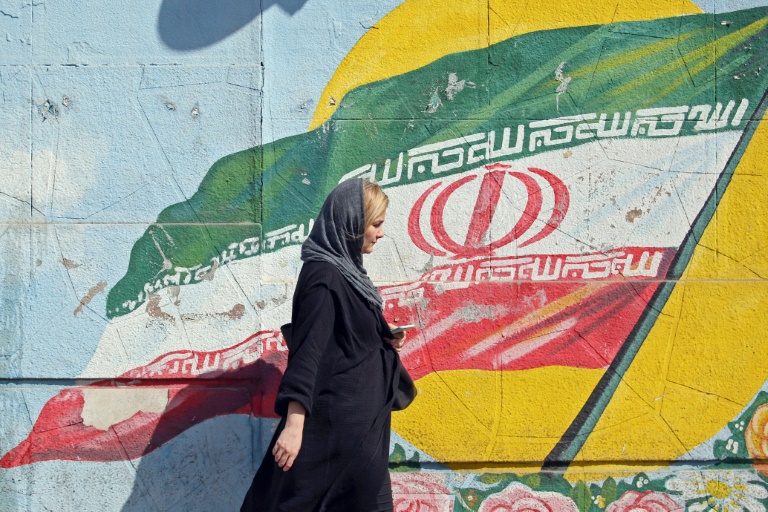Ahmed Mostafa, an engineering student at the University of Kafr el-Sheikh, stood before a military tribunal today on charges of "disseminating wrong information" and "tarnishing the image of the military" for a blog post he published online early last year. A verdict is expected tomorrow Monday.
Mostafa was arrested on the orders of Egypt’s Military Prosecutor last week in front of Kafr el-Sheikh University, located some 134 kms north of Cairo. Four days later, he was transferred to a Nasr City military court for trial, which began today. Prosecutors, while appointing state lawyers to defend Mostafa, did not notify his family of his arrest.
In February 2009, on his Arabic-language blog Matha Assabak ya Watan ("What’s Wrong with my Homeland?"), Mostafa recounted the story of a student that had been forced to leave a military school in order to make room for another applicant.
During the hearing today, Mostafa admitted that he wrote the blog entry but refused to disclose his sources for the story, making him legally responsible for its contents.
“[My source] is afraid that the issue will reach the press, but I decided to publish it here anyway," Mostafa wrote on his blog before telling the former student’s story. "If it reaches the press, it will circulate fast.”
In one of the subsequent comments following the post, an anonymous person threatened to show the article to officials at the military school in question.
“This isn’t the first time for Mostafa’s blog to fall under scrutiny,” said Rawda Ahmed, a lawyer following the case for the Cairo-based Arabic Network for Human Rights Information. “Last year, he was summoned by officials of the Armed Forces on a friendly basis, who explained the problem to him.”
The Military Courts Law was passed in 1966, amended in 2007 and employed by the state against terrorism suspects since 1992. The law is invoked in cases involving potential threats to national security either inside or outside Egypt, terrorism, or the destruction of property when used as a means of hurting the national economy. Mlitary courts have also recently been used against political groups, such as the Muslim Brotherhood opposition movement.
“We’re trying to defend Mostafa on the basis that he didn’t disclose any secrets but was simply reporting on a case of corruption inside the school, which had to be exposed," said Ahmed. "Nothing in his blog post harms national security. We hope this fact will reduce his sentence or lead to his release with a fine.”
“We tried to get him released under any guarantee, but we couldn’t," added Ahmed. "We don’t know what to expect, but he could face a jail sentence of up to one year. But he’s in good shape.”
Blogging aside, Mostafa has a history of political activism.
“In 2008, he joined the 6 April opposition group in which he was very active,” said Mohamed Adel, a member of 6 April, established in 2008 with its widely-publicized call on the internet for a nationwide strike to protest rising commodity prices. “We’ve been following up on his case and coordinating legal support with his family.”
Military tribunals are exceptional courts, the verdicts of which can only be appealed through high military appeals courts. Only President Hosni Mubarak can overturn rulings handed down by military appeal courts.
"Appeals are ususally granted by the president in small cases, but not in big ones,” said Ahmed. “Mostafa’s case shows how alert the security services have been to Internet activists and bloggers.”




